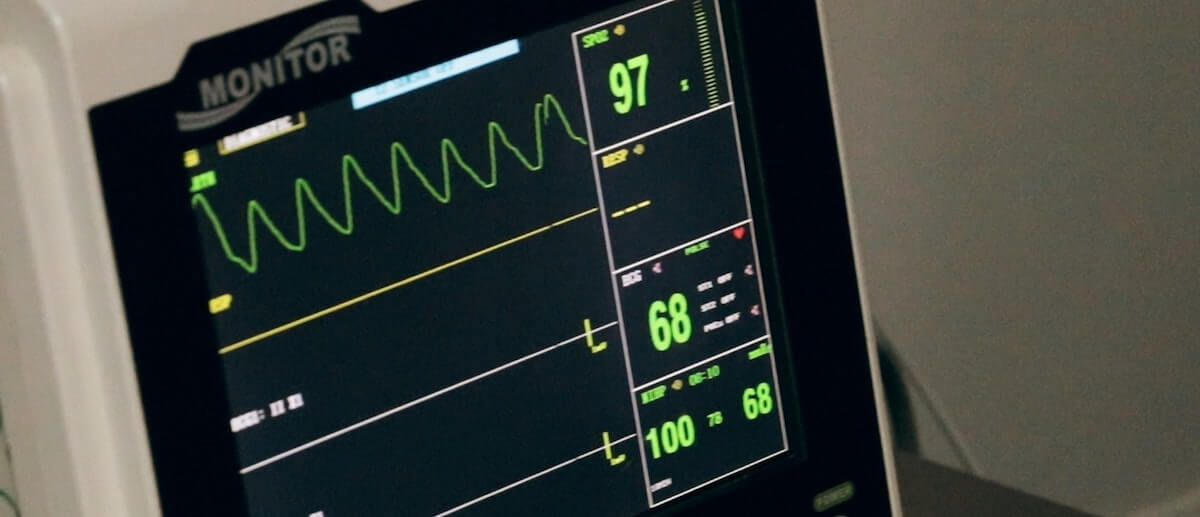Is digital innovation – a descriptive term for artificial intelligence (AI), the Internet of Things (IoT), use of big data – a threat or an opportunity for rural areas? Well, the short answer is, ‘it’s both a threat and an opportunity’.
The most obvious risk is that digital innovation – which is essentially machines that use computers to perform human-like cognitive functions – could make many jobs redundant. In fact, research by Cardiff University concluded that west Wales might be ‘comparatively more vulnerable to AI automation’.
But digital innovation can also be transformative, and a different research report by Cardiff University referenced the ‘nimble economic landscape’ of rural areas, noting that it might be better equipped to deal with the challenges of automation.
A pilot undertaken by Alroesi Gwynedd Wledig that looked at how IoT could be applied in rural areas found plenty to be optimistic about. The connection of ‘things’ to the internet – whether that’s a cow, the farm gate, or the fridge – could have many positive applications, from improving care for older and vulnerable people from afar, to increasing agricultural productivity and efficiency.
Aberystwyth based agri-tech firm Agxio has developed several products applying advanced automated machine learning to bring science and technology to the fore of agriculture. The technology enables improvements in yield, real-time field mapping, crop selection, livestock health monitoring, predictive disease monitoring, sustainability metrics, drone analytics, and bio-tracking.
There are also endless possibilities of applying digital innovation to solve problems of rurality. Digital innovation paves the way for delivering public services and healthcare from afar, whether that’s sensors in the home to keep vulnerable and older people safe, remote healthcare monitoring, or online learning. Another advantage is that skilled people, often forced to leave rural areas for work, can now increasingly use platforms to run their businesses and work from home.
Whilst we cannot accurately predict the true impact of digital innovation on rural Wales, one thing is certain: we cannot resist the changes, it will be transformative, and optimistically, we can embrace it for the good of our businesses, economy, for our healthcare and public services.
Sources:
Development of SMART Technology (‘internet of things’) in, and for, rural areas – The concept is to create a ‘test bed’ / laboratory to encourage the introduction and development of an ‘internet of things’ in the context of agriculture / rural areas. A Part of Alroesi Gwynedd Wledig.
Agri-tech firm Agxio – Have secured £750,000 in an investment round to support the development of its advanced data science and artificial intelligence solutions across the UK in June 2020.
Wales in the Digital Economy: Emerging Evidence on the Importance of Place – Cardiff University – The article notes that “For one thing, a number of occupations likely to be centrally affected by AI and automation are largely urban based – low and medium skilled white-collar work – whilst rural areas typically have more firms per capita, and perhaps then a more ‘nimble’ economic landscape.”
AI and automation: Examining the future implications for business and employment in Wales – Cardiff University- Research by the Welsh economy Unit and focuses on the on the opportunity AI and automation have on smaller businesses. SME’s lifeblood of rural Wales, therefore relevant. · “Evidence from WERU’s Vulnerability Index suggests that both East Wales and West Wales and the Valleys are comparatively more vulnerable to AI automation than other parts of the UK.”
The Role of AI in the Upliftment of Rural Area – University de Alcala – Article notes that AI can contribute to developments in Agriculture by helping make decisions that are more efficient and implement different tools that improve weed killing or the harvest of better crops.



